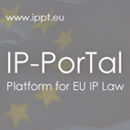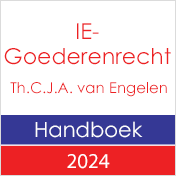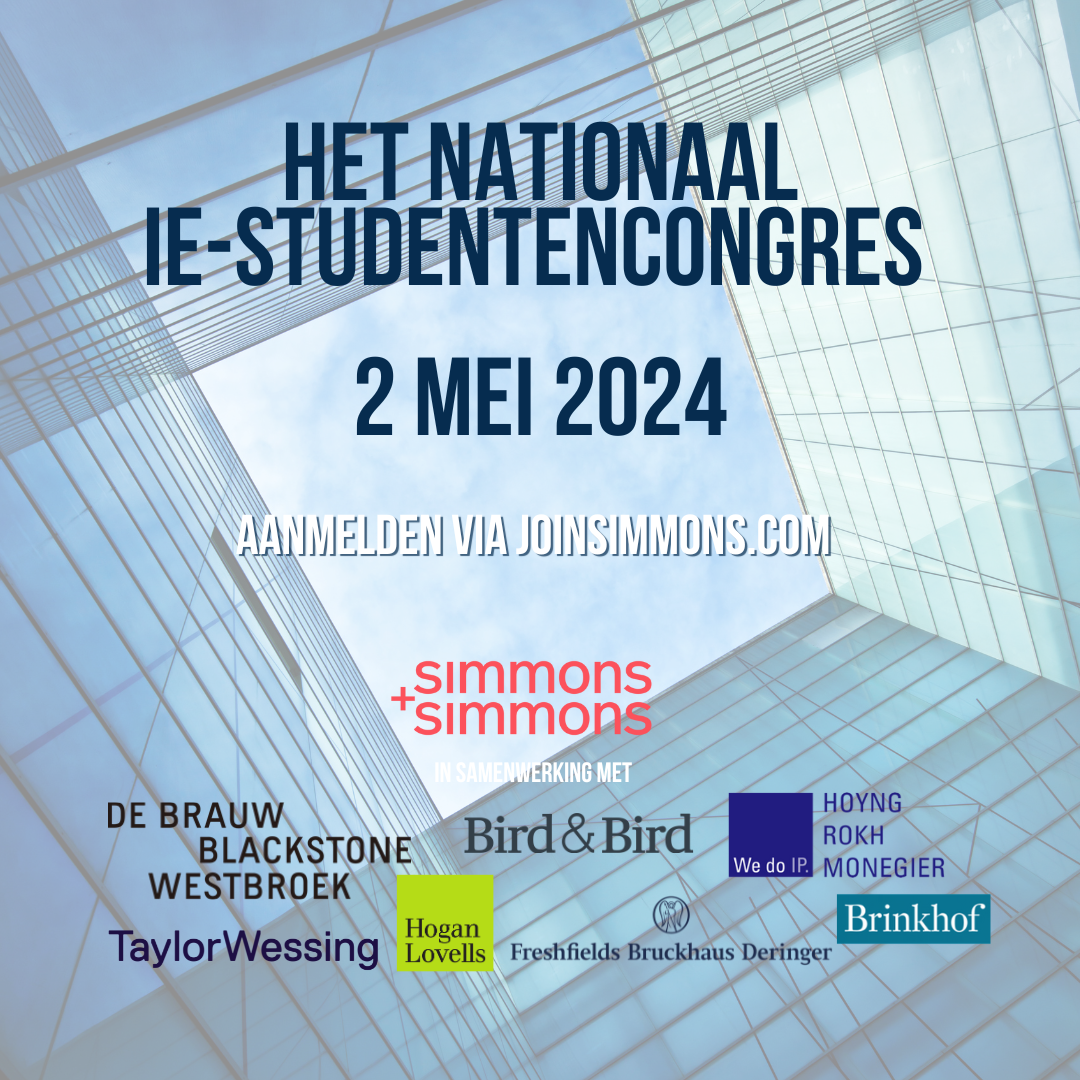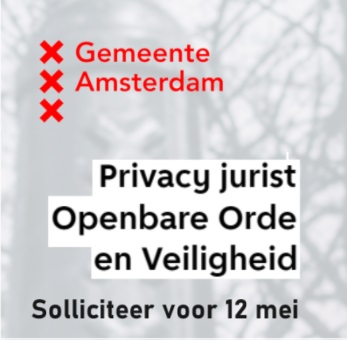
In the absence of a clear consensus on a technologically neutral definition of the Metaverse, the review has identified common characteristics emerging from contemporary Metaverse visions (including existing ‘proto-Metaverses’), focusing on those that have the most notable implications for IP. These characteristics, together with current, potential, and proposed technologies, inform the IP issues and challenges, which form the scope of this report. We have structured the report in the following manner:
- an introduction dedicated to outlining the key characteristics of the Metaverse as identified within the literature, together with some preliminary IP challenges
- existing and persisting IP issues, which already affect ‘proto-Metaverses’ and will persist notwithstanding how the Metaverse evolves and emerges
- anticipated new IP issues, which are connected to the key characteristics of the Metaverse definitions and technologies, introducing more novel challenges
- an analysis of existing and potential approaches for addressing the various IP issues discussed
We have reviewed several different sources, ranging from academic papers, online articles, government reports and studies, and popular literature. As is often the case with new technologies and digital phenomena, the recent enthusiasm and investment for the Metaverse has prompted a discussion amongst legal academics and practitioners, seeking to anticipate and outline the potential challenges and opportunities which the Metaverse might present. However, within the existing literature, there has been limited discussion on the impact on IP and the necessity and/or desirability of IP reforms.
The Metaverse is a buzz word encompassing all the latest technology trends, sparking imagination, and pushing the boundaries of possibilities. It has created substantial excitement in investors and users alike.
The majority of the literature provides a historical overview of the concept (generally Snow Crash, Ready Player One, Second Life, Minecraft, Fortnite, Decentraland), admits the difficulties in defining it (frequently providing a new definition – we found over 50 different definitions), and then adopts a position on the scale between two standpoints: either the Metaverse is already here, or it will never exist (this is often determined by the definition embraced). It is quite common for the authors to outline potential or predictable legal and regulatory issues, but these tend to be just peripheral. On the other hand, numerous sources focus on specific aspects of the Metaverse (in particular, literature on NFTs and AI has exploded in the last years).
This study highlights that:
- there is no consensus of what the Metaverse specifically entails and whether and in what form we may experience and access it now or in the future and it is therefore difficult to anticipate specific IP issues and challenges. There is a range of characteristics that it may or may not exhibit, but only three potential models the Metaverse can adopt (decentralised, centralised and hybrid). Learning from history, and in line with geopolitical differences, one could predict the hybrid model (a series of Metaverses with different level of interconnections) to be the more viable one and we can expect a number of large technological monopolies, dominating the different geographic and cultural regions
there is a mature discussion on technological standards (e.g., the Metaverse Standard Forum), and a growing discourse on ethics and regulation, but most of the current literature does not formulate and explore relevant IP questions, whether they be new or prevailing ones. This is an obvious gap in the literature especially considering that IP law and regulation are fundamental to the constitution of the Metaverse. The Metaverse is complex matrix of IP products and services and is persistent, infinite, and ever evolving. IP will therefore determine how the Metaverse is created, populated, and experienced, how users can migrate between them, and eventually leave them - IP is perceived and experienced by businesses and users in a very different manner. If the current IP regime does not address the businesses’ commercial needs satisfactorily, businesses can rely on alternative routes, such as contracts and technology-based solutions. However, there is a danger that any gaps in IP law and uncertainties addressed through these means, will side-line not only users, but also the IP regimes themselves as well as legitimate and democratic legal processes
- notwithstanding the growing body of literature on trade marks and NFTs, user-generated content, AI and computational creativity, digital exhaustion, or mixed realities, no definitive approach for IP in the Metaverse has been identified in the literature so far.



























































